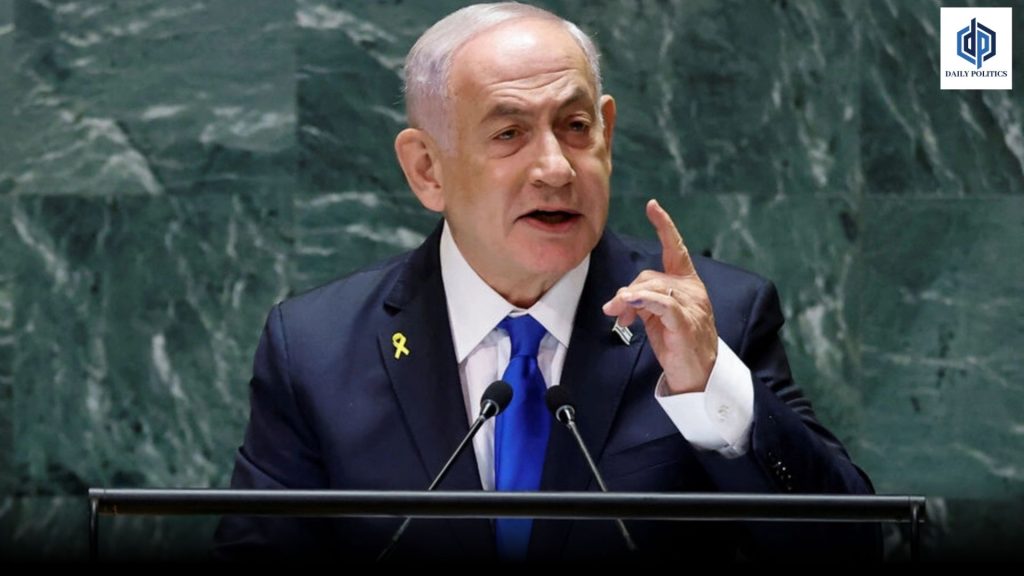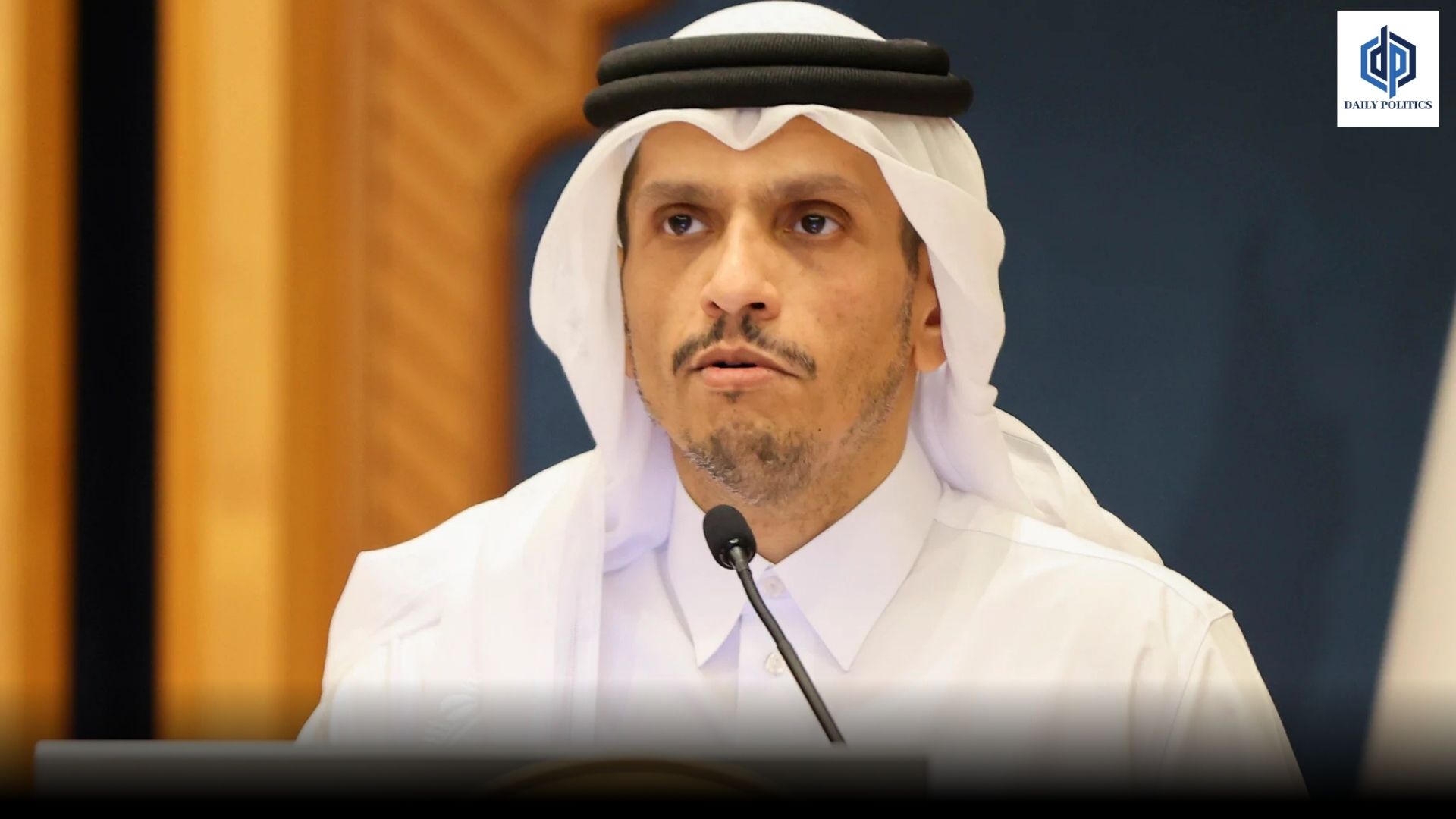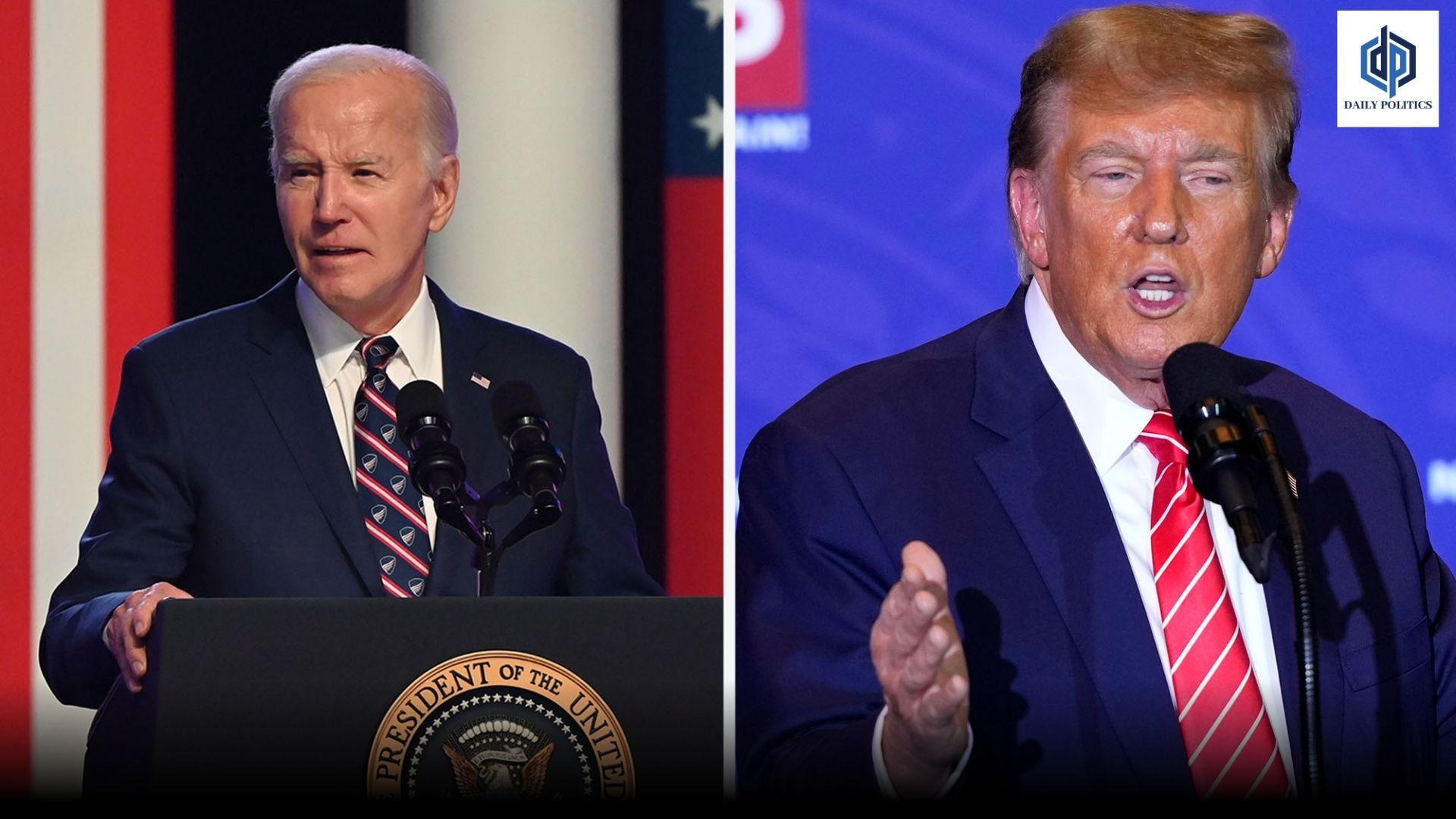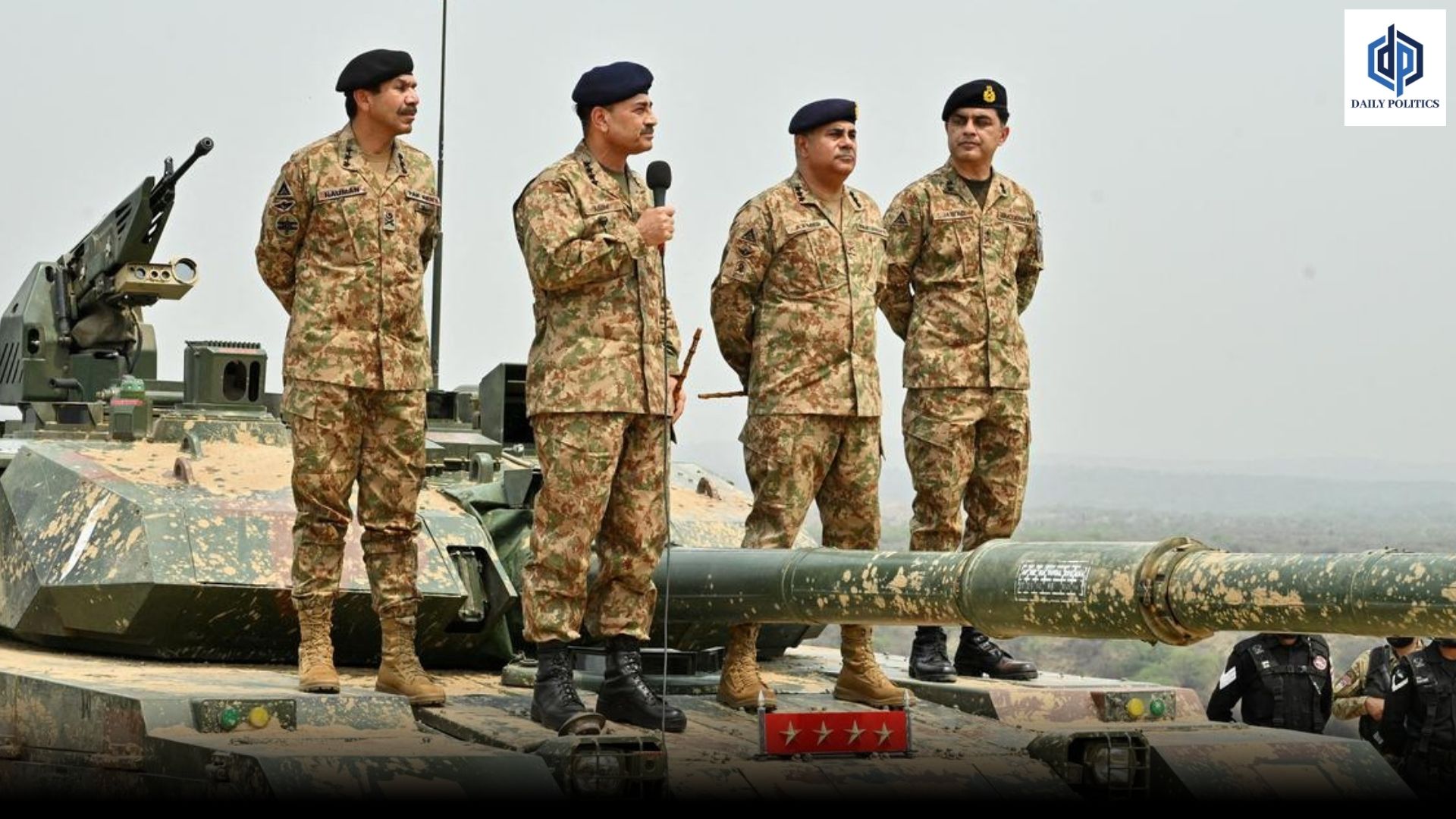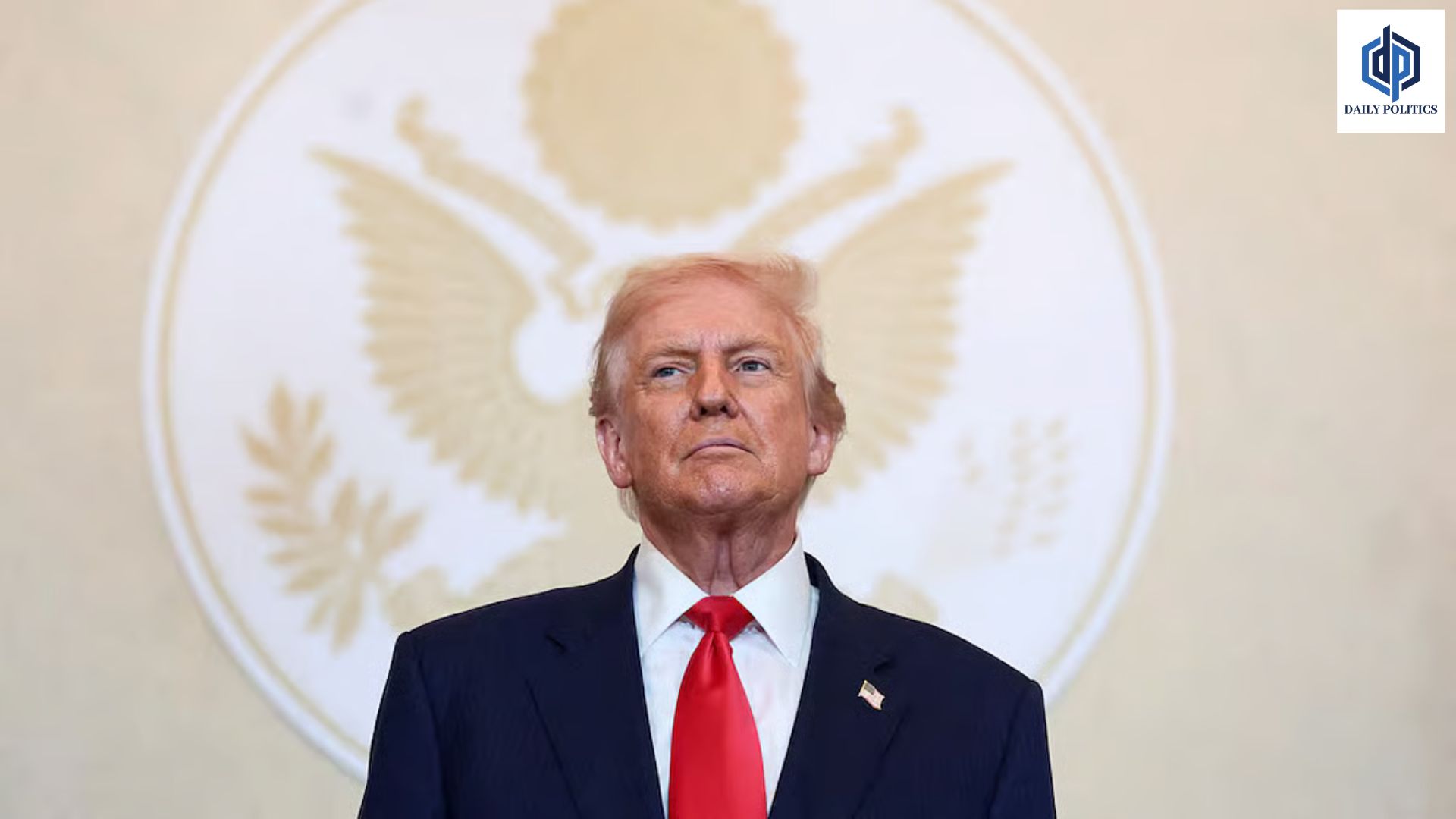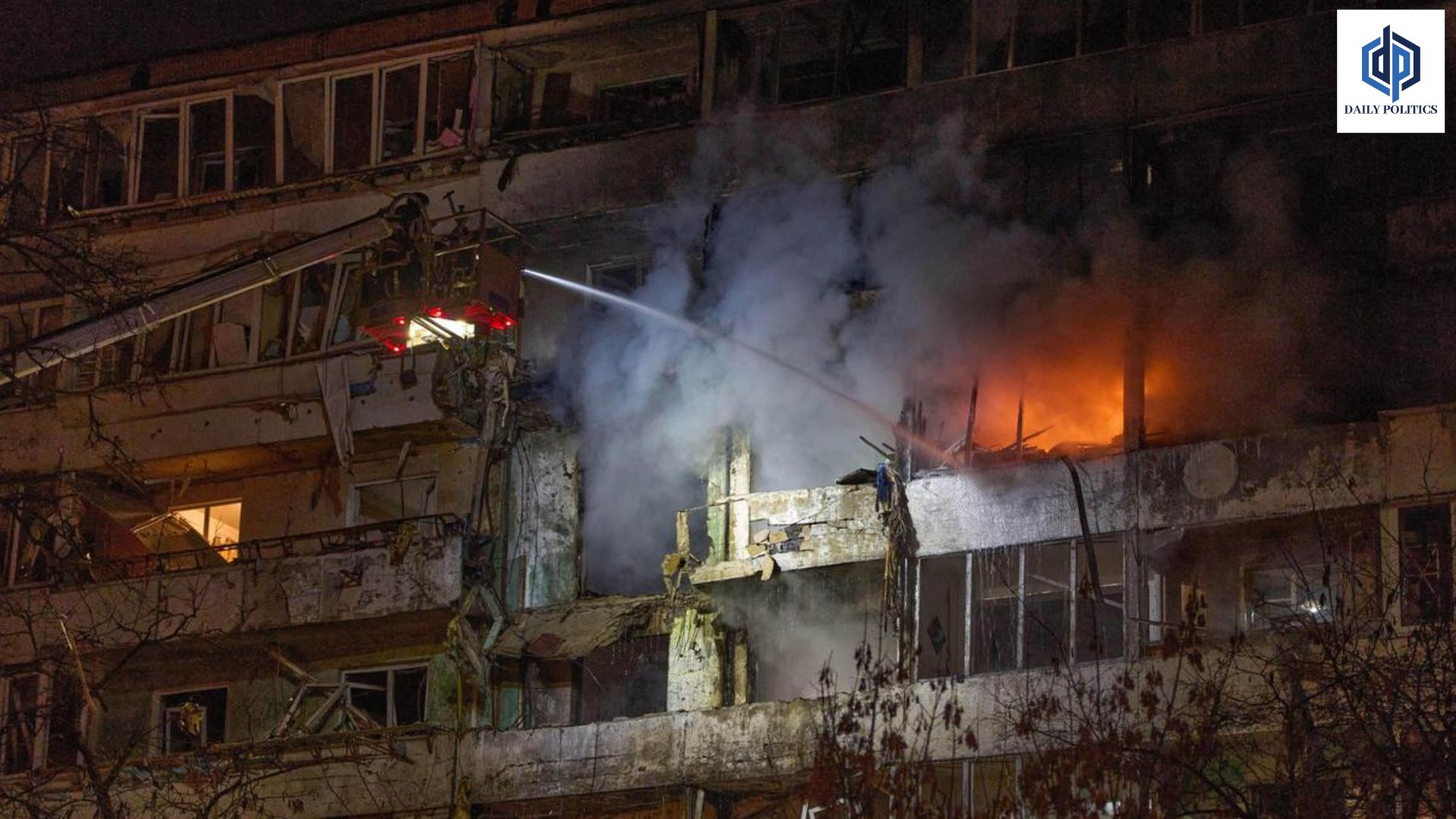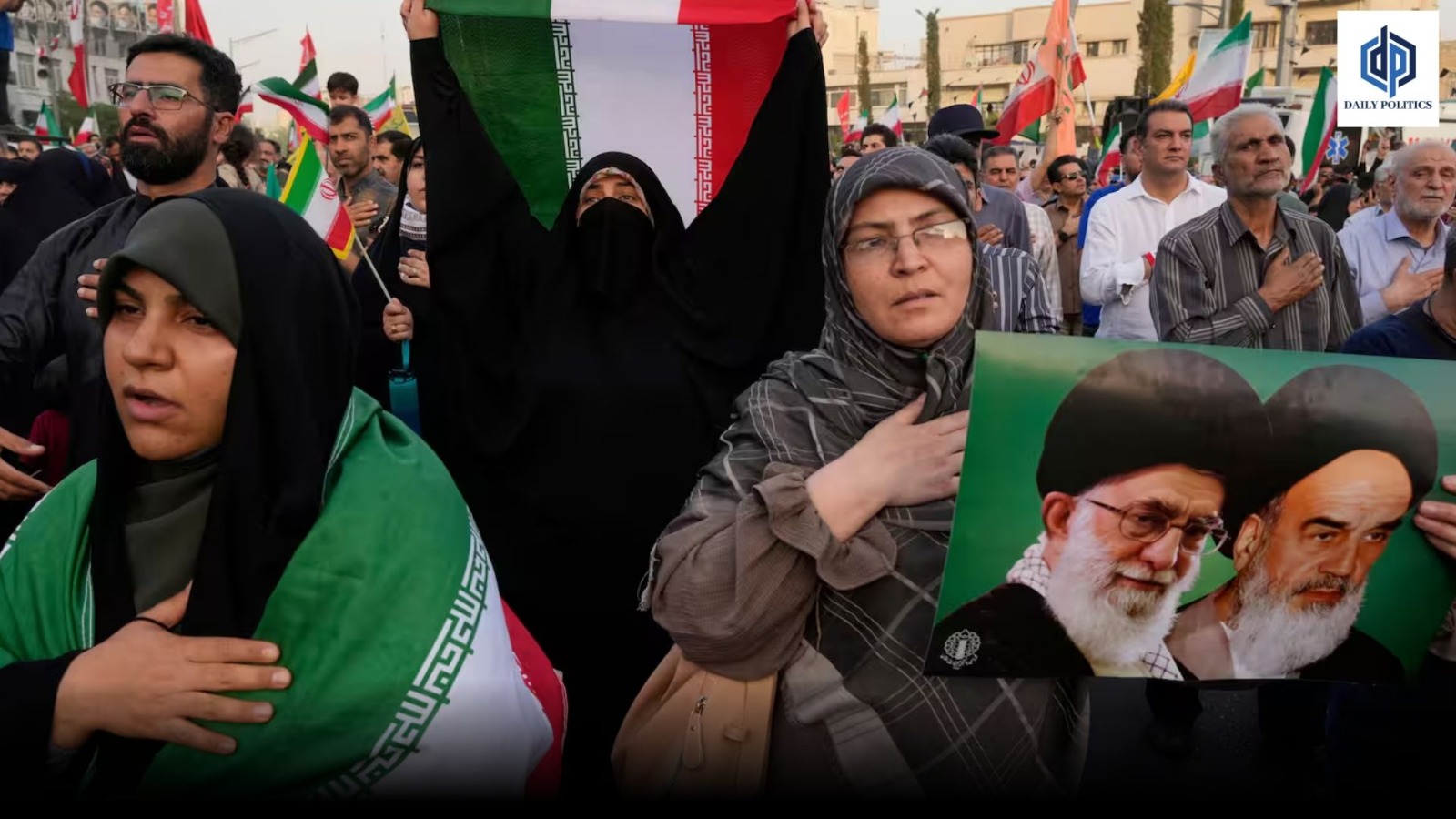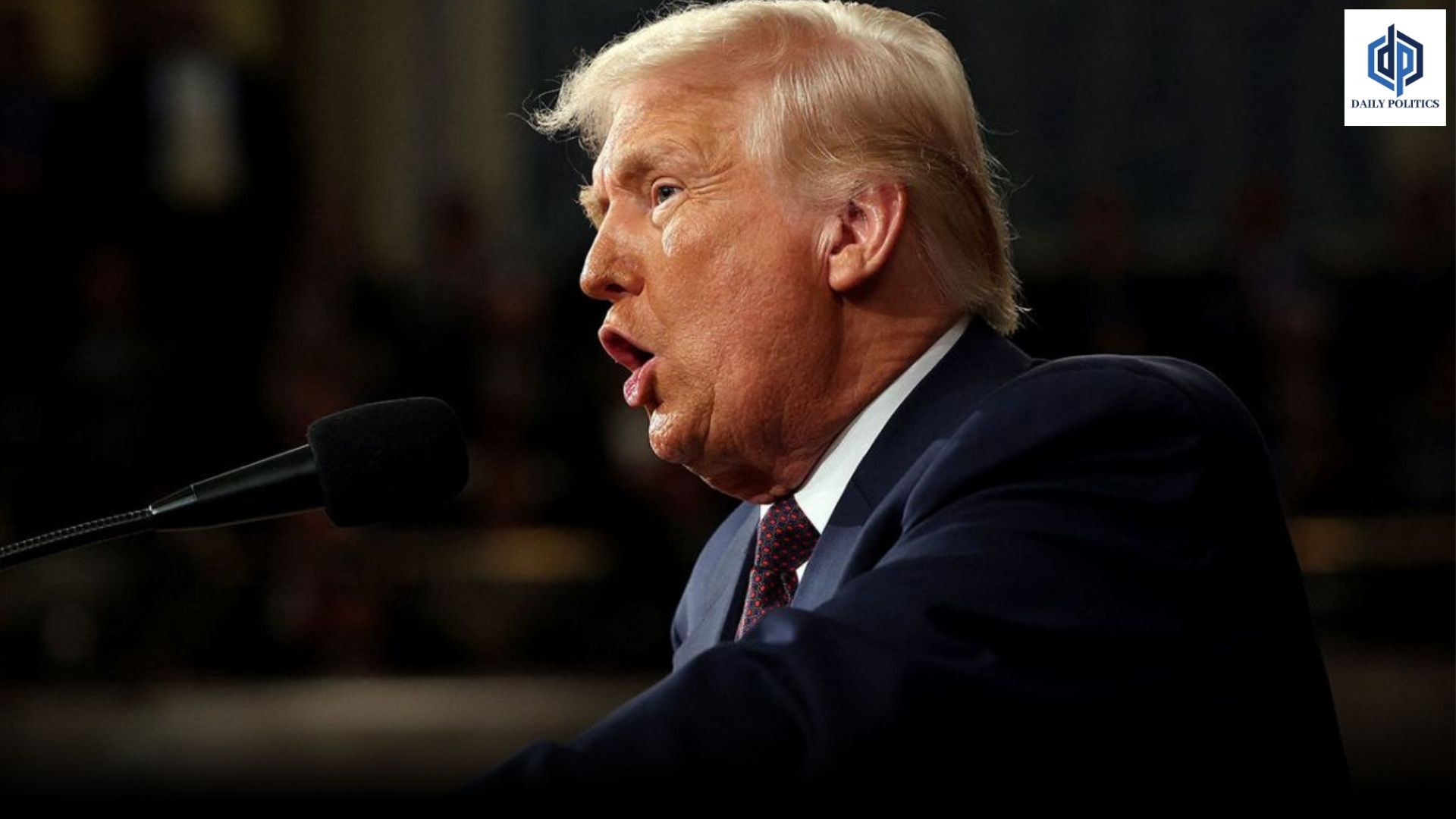Prime Minister Benjamin Netanyahu declared that Iran would “pay a heavy price” following a missile attack that struck a hospital in southern Israel on Thursday. Meanwhile, his defence minister asserted that Iran’s supreme leader would be “held accountable” for the incident.
This morning, missiles were launched by Iran’s leadership at Soroka Hospital and targeted civilians in the central region of the country. In a statement shared on X, Netanyahu declared, “We will ensure that the tyrants in Tehran face significant consequences.”
The Soroka Hospital in Beersheba, located in southern Israel, was engulfed in flames after an early morning attack involving “dozens” of Iranian ballistic missiles. Reports indicate that two Israeli towns near the coastal city of Tel Aviv also experienced impacts from the barrage.
At the hospital site, director Shlomi Kodesh reported that a recently evacuated surgical building was struck, resulting in injuries to 40 individuals.
“Numerous wards have been destroyed, and the hospital has suffered significant damage, affecting buildings, structures, windows, and ceilings throughout the medical centre,” he stated to reporters.
Iran has clarified that its operations were aimed at an Israeli military and intelligence base rather than a health facility.
The recent escalation marks the seventh day of intense exchanges between the two nations, as US President Donald Trump continues to keep the public guessing regarding Washington’s potential involvement in the conflict alongside Israel.
In a firm response, Iran’s supreme leader, Ayatollah Ali Khamenei, has dismissed President Trump’s call for an “unconditional surrender.” This comes in light of Trump’s assertion that “Iran’s got a lot of trouble, and they want to negotiate.”
“Never give up.”
Trump has expressed his intentions regarding involvement in the conflict with a notable lack of clarity, stating on Wednesday: “I may do it, I may not do it.” No one can predict my next move.
He stated, “The upcoming week is poised to be significant,” though he did not provide additional information.
Should the US decide to engage, it is anticipated that the operation would target the significant underground nuclear facility in Fordow, utilising specially designed bunker-busting bombs for the mission.
The White House announced that Trump is scheduled to receive an intelligence briefing on Thursday, coinciding with a US holiday. Top US diplomat Marco Rubio is expected to meet with his British counterpart for discussions that are anticipated to centre on the ongoing conflict.
“I have ideas regarding the next steps, but I have not yet reached a final decision,” Trump stated. I prefer to finalise decisions at the last possible moment, as circumstances can shift rapidly, particularly in the context of conflict. “
According to a report from The Wall Street Journal, Trump informed his aides on Tuesday that he had authorised attack plans but was postponing action to assess whether Iran would abandon its nuclear program.
Trump informed reporters that Iranian officials expressed a desire to visit the White House, a statement that Tehran has refuted.
The President of the United States has expressed a preference for a diplomatic approach to resolving Iran’s nuclear program, aiming to establish a new agreement to succeed the 2015 deal that was abandoned during his initial term in office.
In the wake of Israel’s recent military campaign against Iran, former President Trump has expressed unwavering support for the crucial US ally.
Nuclear facilities
On Thursday morning, Israel announced that it had conducted numerous new strikes on Iranian targets overnight, which included the partially constructed Arak nuclear reactor and a previously targeted nuclear facility in Natanz.
The Israeli military announced that the Arak site, located on the outskirts of the village of Khondab in central Iran, was targeted “to prevent the reactor from being restored and utilised for nuclear weapons development”.
A London-based watchdog reported a “near-total national internet blackout” in Iran on Wednesday. Iran’s Fars news agency corroborated the implementation of stricter internet restrictions following initial measures introduced last week.
The ongoing military campaign has ignited a renewed push for diplomatic efforts to be reinstated.
On Thursday, Russian President Vladimir Putin stated that an agreement ensuring the security of Israel while accommodating Iran’s aspirations for a civilian nuclear program could be achievable.
“It is essential for all parties involved to explore avenues to cease hostilities and facilitate a dialogue aimed at reaching a consensus,” he stated during a televised event attended by foreign journalists.
He stated that Iran had not sought military assistance from Russia.
Daily assaults
A military official from Israel, speaking on the condition of anonymity, reported on Wednesday that Iran has launched approximately 400 ballistic missiles and 1,000 drones since the onset of the conflict last Friday.
An official reported that approximately 20 missiles have targeted civilian areas in Israel.
According to a statement from Israeli Prime Minister Benjamin Netanyahu’s office on Monday, Iranian strikes have resulted in the deaths of at least 24 individuals and left hundreds more injured since their onset.
On Sunday, Iran reported that Israeli airstrikes resulted in the deaths of at least 224 individuals, a toll that includes military commanders, nuclear scientists, and civilians.
Since that time, neither country has provided an updated official toll.
Israel has announced that its unexpected air campaign is focused on thwarting Iran’s efforts to obtain nuclear weapons.
Iran has been enriching uranium to a level of 60 percent, significantly exceeding the 3.67-percent limit established by the 2015 nuclear agreement, yet remaining below the 90-percent threshold required for the development of a nuclear warhead.
Israel continues to uphold a policy of ambiguity regarding its nuclear capabilities. However, the Stockholm International Peace Research Institute reports that the nation possesses approximately 90 nuclear warheads.

